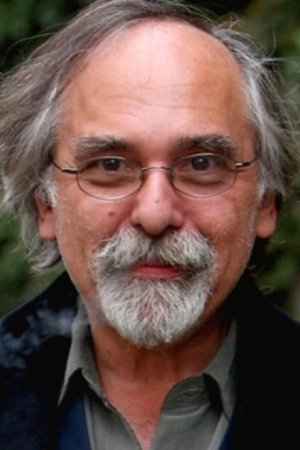
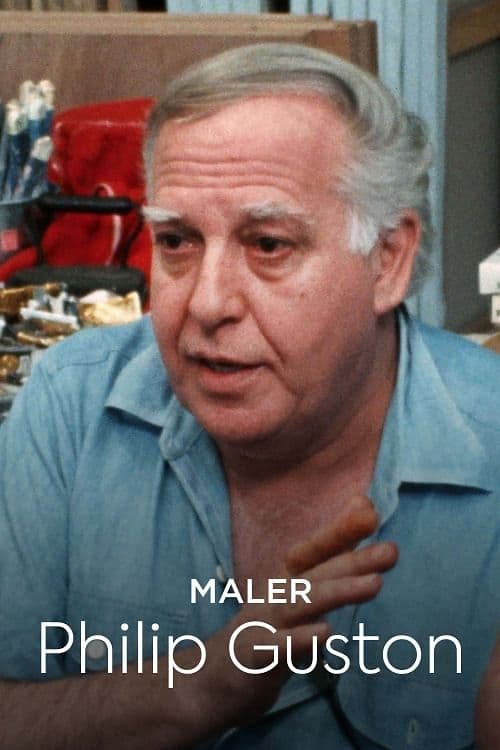
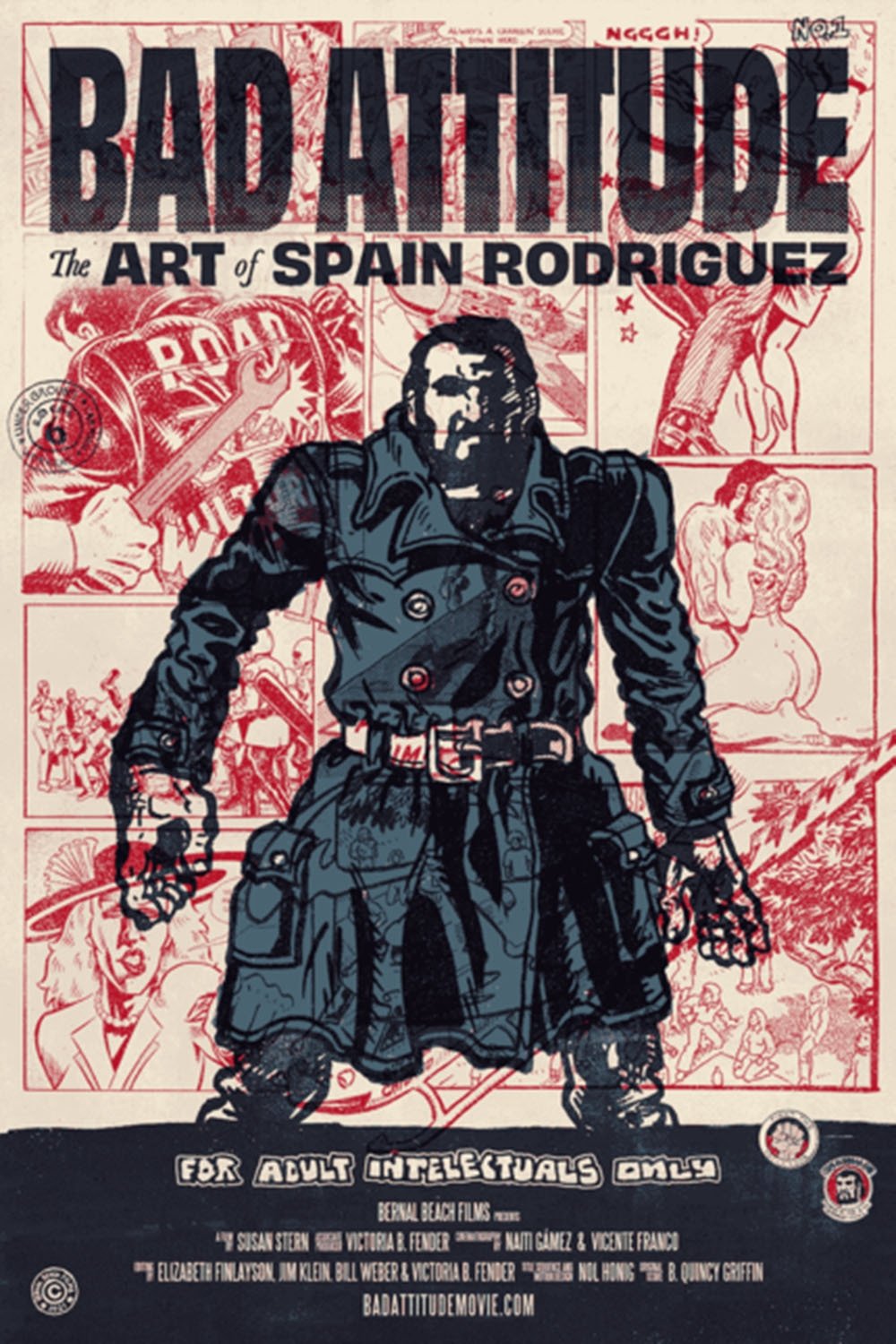
“Working-class Latino hood, crossed with crazy artist, crossed with left-wing radical,” so the legendary underground cartoonist Spain Rodriguez is described in this intimate portrait by his wife, Emmy-nominated filmmaker Susan Stern.
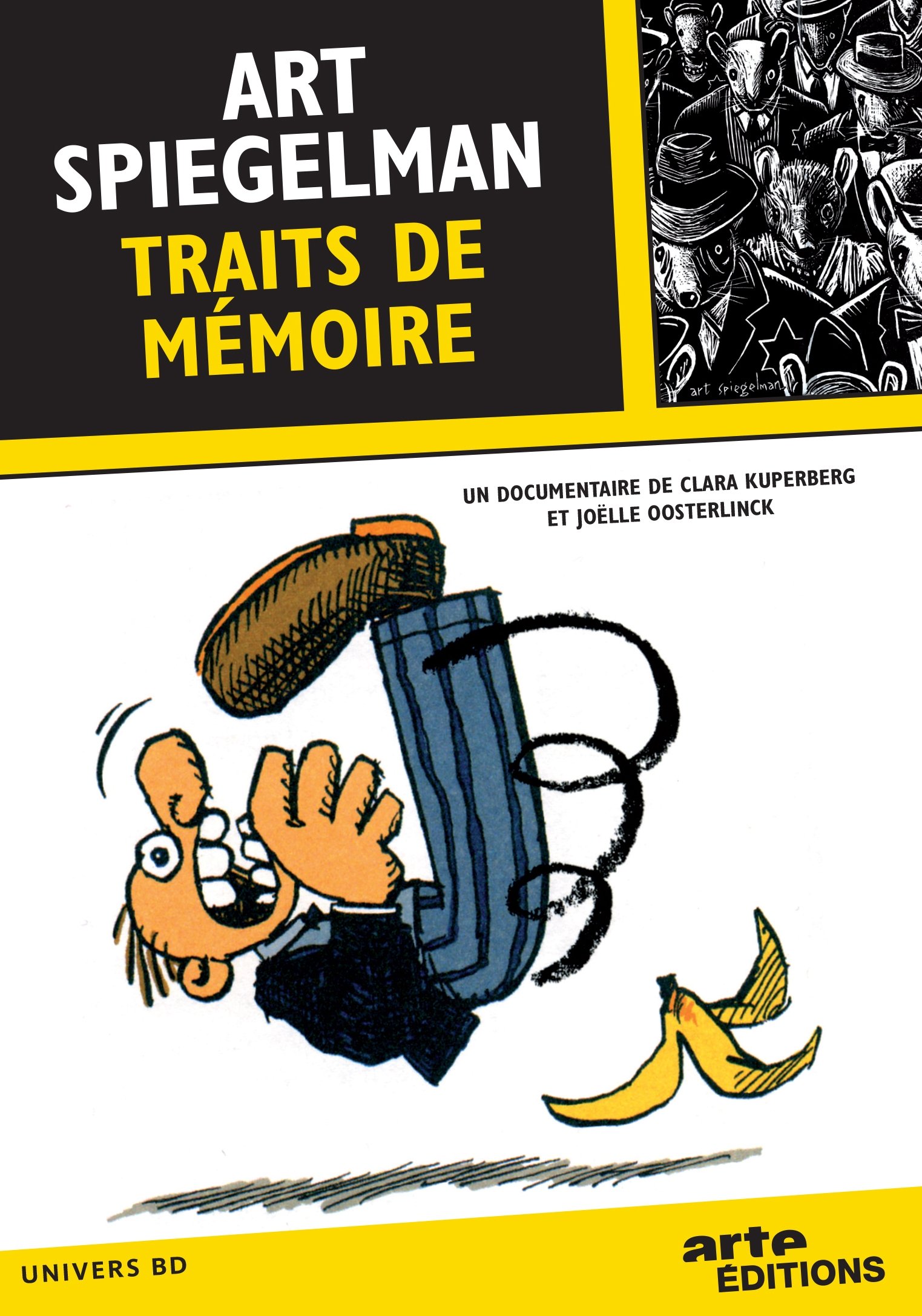
Portrait of one the most fantastic American cartoonist, author of MAUS, Pulitzer Prize in 1992.
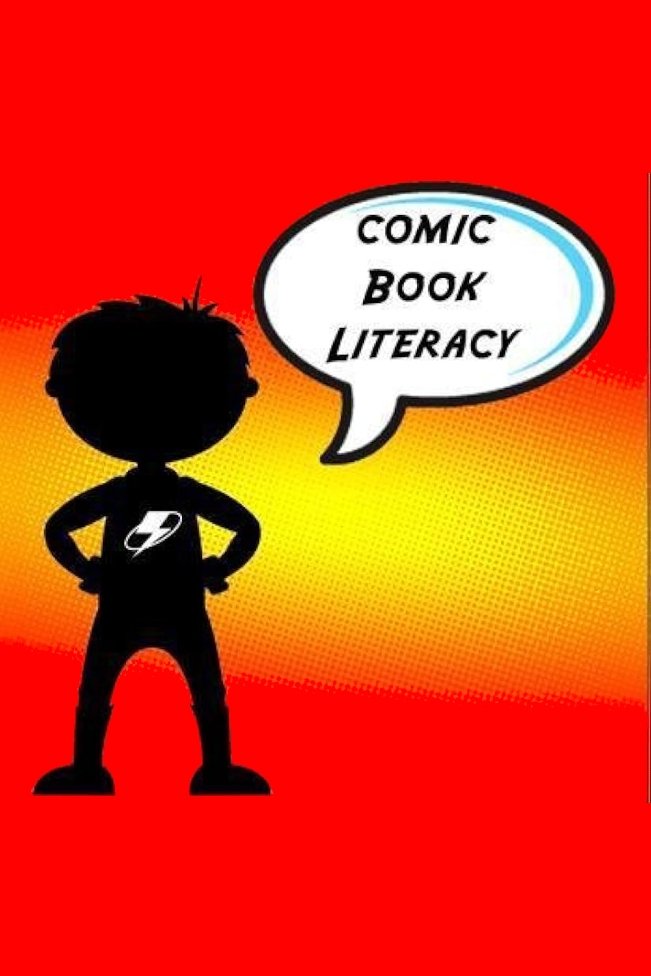
Comic books are a medium as diverse as movies and encourage more thought than video games. Yet this misunderstood medium has always been the dirty little secret of the literature world. From the immigrant who learns English by reading Superman comics to the child who develops a love of literature from the X-Men, comics have kept America reading for decades with fantastic tales, well structured stories and amazing fantasies.
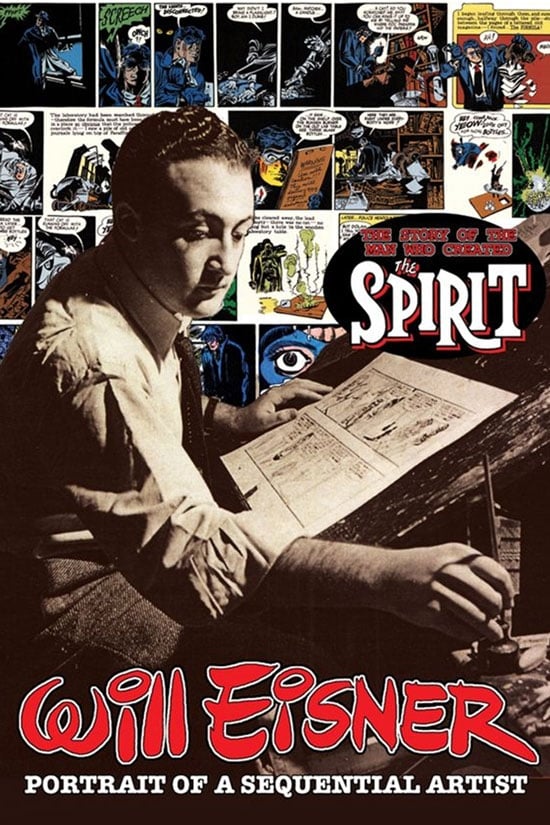
Arguably the most influential person in American comics, Will Eisner, as artist, entrepreneur, innovator, and visual storyteller, enjoyed a career that encompassed comic books from their early beginnings in the 1930s to their development as graphic novels in the 1990s. During his sixty-year-plus career, Eisner introduced the now-traditional mode of comic book production; championed mature, sophisticated storytelling; was an early advocate for using the medium as a tool for education; pioneered the now-popular graphic novel, and served as inspiration for generations of artists. Without a doubt, Will Eisner was the godfather of the American comic book.
Pulitzer Prize-winning cartoonist and author Art Spiegelman discusses his graphic novel "Maus," which chronicles how his father survived the Holocaust. Also included a journey to Auschwitz, with his wife and art director Francoise Mouly-Spiegelman.
By browsing this website, you accept our cookies policy.